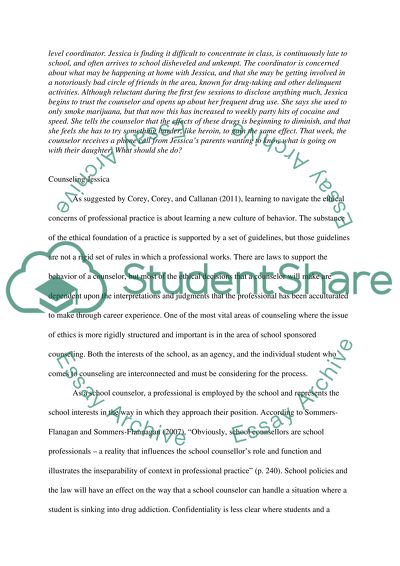Cite this document
(“Standards and ethics for counselling in action Essay”, n.d.)
Retrieved de https://studentshare.org/psychology/1391650-ethics-in-counselling-scenarios
Retrieved de https://studentshare.org/psychology/1391650-ethics-in-counselling-scenarios
(Standards and Ethics for Counselling in Action Essay)
https://studentshare.org/psychology/1391650-ethics-in-counselling-scenarios.
https://studentshare.org/psychology/1391650-ethics-in-counselling-scenarios.
“Standards and Ethics for Counselling in Action Essay”, n.d. https://studentshare.org/psychology/1391650-ethics-in-counselling-scenarios.


